ASRock Rack B550D4-4L Motherboard Review: B550 Goes Professional with BMC
by Gavin Bonshor on May 20, 2021 9:00 AM ESTBoard Features
The ASRock Rack B550D4-4L is a professional-focused ATX motherboard which is using AMD's desktop B550 chipset. It includes support for AMD Ryzen 5000 series processors, Ryzen 4000 G-series processors with Radeon Graphics, AMD Ryzen Pro 4000 and 3000 series processors, and AMD Ryzen 3000 desktop series processors.
The B550D4-4L includes one full-length PCIe 4.0 x16 slot, with a half-length PCIe 4.0 x4 slot, with support for PCIe 4.0 coming directly from the processor. For storage, there's a single PCIe 3.0 x4/SATA M.2 slot, with six SATA ports in total. Four of these are powered by the chipset and as such, include support for RAID 0, 1, and 10 arrays, while the other two are powered by an ASMedia ASM1061 SATA controller. In regards to memory support, the B550D4-4L has four memory slots, which are capable of supporting both ECC (CPU dependent) and non-ECC memory with speeds of up to DDR4-3200 and a total capacity of up to 128 GB.
| ASRock Rack B550D4-4L ATX Motherboard | |||
| Warranty Period | 3 Years | ||
| Product Page | Link | ||
| Price | N/A | ||
| Size | ATX | ||
| CPU Interface | AM4 | ||
| Chipset | AMD B550 | ||
| Memory Slots (DDR4) | Four DDR4 Supporting 128 GB Dual Channel Up to DDR4-3200 Non-ECC Ryzen Desktop ECC with Ryzen Pro |
||
| Video Outputs | 1 x HDMI 1 x D-Sub (ASPEED) |
||
| Network Connectivity | 4 x Intel i210 Gigabit 1 x Realtek RTL8211E (BMC) |
||
| Onboard Audio | N/A | ||
| PCIe Slots for Graphics (from CPU) | 1 x PCIe 4.0 x16 1 x PCIe 4.0 x4 |
||
| PCIe Slots for Other (from PCH) | N/A | ||
| Onboard SATA | Four, RAID 0/1/10 (B550) Two, (ASMedia) |
||
| Onboard M.2 | 1 x PCIe 3.0 x4/SATA | ||
| USB 3.1 (10 Gbps) | 2 x Type-A Rear Panell | ||
| USB 3.0 (5 Gbps) | 2 x Type-A Rear Panel 1 x Type-A Header (2 x ports) |
||
| USB 2.0 | 1 x Type-A Header (2 x ports) | ||
| Power Connectors | 1 x 24-pin ATX 1 x 8pin CPU 1 x 4pin CPU |
||
| Fan Headers | 1 x CPU (6-pin) 5 x System (6-pin) |
||
| IO Panel | 2 x USB 3.1 G1 Type-A 2 x USB 3.1 G2 Type-A 4 x Network RJ45 Gigabit (Intel) 1 x Network RJ45 Gigabit (Realtek) 1 x HDMI 1 x D-Sub 1 x Serial port |
||
The board includes an ASPEED AST2500 BMC controller, with network access provided by a Realtek RTL8211E Gigabit port, as well as physical access via a single D-Sub video output. Other connectivity on the rear panel includes two USB 3.2 G2 Type-A, two USB 3.2 G1 Type-A ports, a Serial port, and one HDMI 1.4 video output. The B550D4-4L has an impressive network array with five Ethernet ports in total, four of these being controlled by separate Intel i210 Gigabit controllers, with support for teaming, as well as a dedicated IPMI port powered by a Realtek RTL8211E Gigabit contriller.
Test Bed
As per our testing policy, we take a high-end CPU suitable for the motherboard released during the socket’s initial launch and equip the system with a suitable amount of memory running at the processor maximum supported frequency. This is also typically run at JEDEC subtimings where possible. It is noted that some users are not keen on this policy, stating that sometimes the maximum supported frequency is quite low, or faster memory is available at a similar price, or that the JEDEC speeds can be prohibitive for performance. While these comments make sense, ultimately very few users apply memory profiles (either XMP or other) as they require interaction with the BIOS. Most users will fall back on JEDEC supported speeds - this includes home users and industry who might want to shave off a cent or two from the cost or stay within the margins set by the manufacturer. Where possible, we will extend out testing to include faster memory modules either at the same time as the review or a later date.
| Test Setup | |||
| Processor | AMD Ryzen 3700X, 65W, $329 8 Cores, 16 Threads, 3.6 GHz (4.4 GHz Turbo) |
||
| Motherboard | ASRock Rack B550D4-4L (BIOS L0.16) | ||
| Cooling | Corsair iCue H150i Elite Capellix 360 mm AIO | ||
| Power Supply | Thermaltake Toughpower Grand 1200W Gold PSU | ||
| Memory | 2x8GB G.Skill TridentZ DDR4-3200 22-22-22-54 1T | ||
| Video Card | ASUS GTX 980 STRIX (1178/1279 Boost) | ||
| Hard Drive | Crucial MX300 1TB | ||
| Case | Open Benchtable BC1.1 (Silver) | ||
| Operating System | Windows 10 1909 | ||
Readers of our motherboard review section will have noted the trend in modern motherboards to implement a form of MultiCore Enhancement / Acceleration / Turbo (read our report here) on their motherboards. This does several things, including better benchmark results at stock settings (not entirely needed if overclocking is an end-user goal) at the expense of heat and temperature. It also gives, in essence, an automatic overclock which may be against what the user wants. Our testing methodology is ‘out-of-the-box’, with the latest public BIOS installed and XMP enabled, and thus subject to the whims of this feature. It is ultimately up to the motherboard manufacturer to take this risk – and manufacturers taking risks in the setup is something they do on every product (think C-state settings, USB priority, DPC Latency / monitoring priority, overriding memory sub-timings at JEDEC). Processor speed change is part of that risk, and ultimately if no overclocking is planned, some motherboards will affect how fast that shiny new processor goes and can be an important factor in the system build.


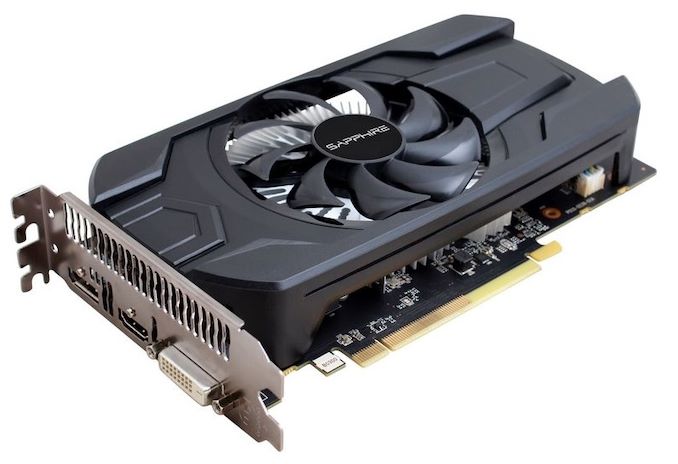
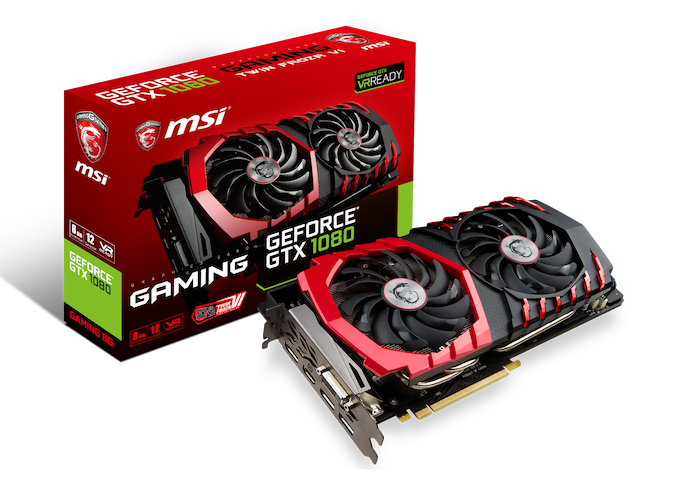
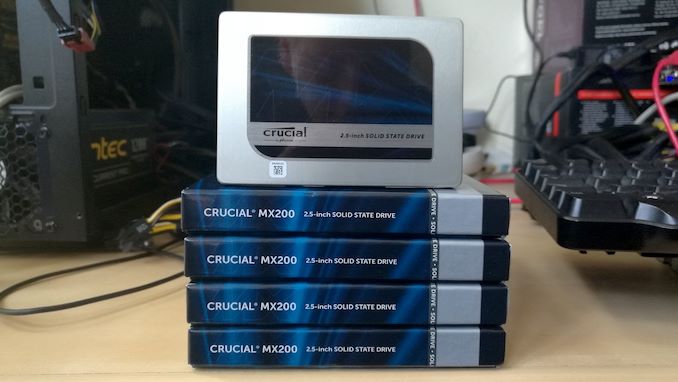
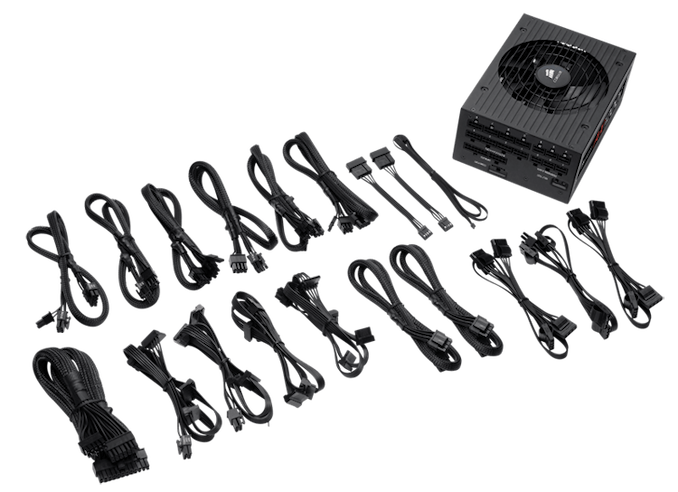
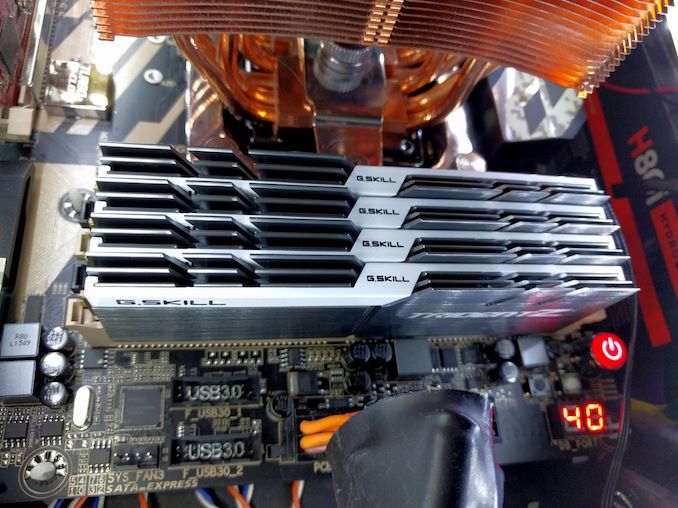
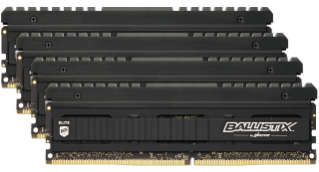
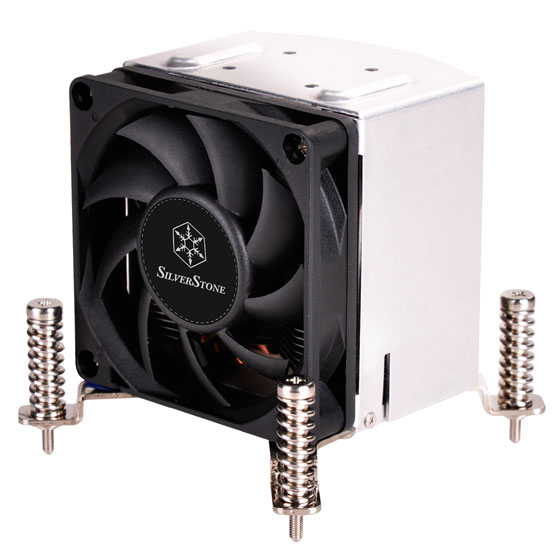
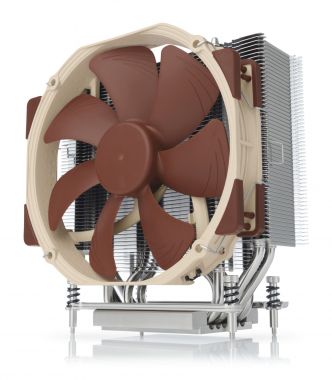








73 Comments
View All Comments
mode_13h - Monday, May 24, 2021 - link
I can understand the sentiment of wanting 10G to take hold, so that prices will come down.Some of ASRock Rack's boards do have an option that includes a 10 Gigabit controller. I've had my eye on the X570D4U-2L2T, in fact.
I think the reason this probably lacks 10 Gigabit is that they have two X570-based boards with 10 Gigabit (and one without). The point of the B550 board is to be lower-priced. So, if someone wants it, they can easily just step up to one of the X570s that has it.
spikebike - Tuesday, December 28, 2021 - link
The article mentions a variant of the B550d4 with 2x10G.fmyhr - Thursday, May 20, 2021 - link
Would many of this board's prospective users really use a GTX 980 and 1200W 75% PSU? Personally if I'm willing to spend that much electricity on a server, I'd go EPYC. The benefit of this board AFAICT is the ability to construct a true Ryzen server (i.e. ECC RAM and OoB management) that uses less power, and may cost less, than EPYC. Tradeoff is far less I/O bandwidth, and lower limit on CPU cores. Anyway, back to point: to lower power use with this you'd want to match power supply to actual requirement, something ~400W, preferably 90+ Gold or better efficiency, is probably a lot more appropriate.Einy0 - Thursday, May 20, 2021 - link
Agreed, I'd much rather see power consumption numbers using just the BMC for video and an appropriately sized power supply.dsplover - Thursday, May 20, 2021 - link
Excellent niche board, perfect for Pro Audio Workstation, as well as a 1U build.Just need the 5700G to get me to jump.
Nice Review
hansmuff - Thursday, May 20, 2021 - link
"The only negative in performance came in our DPC latency testing, with our results showing that this board isn't suitable for DAW systems."dsplover - Thursday, May 20, 2021 - link
DPC Latency is of no concern as I run an external DSP Audio/MIDI Interface.Been using ASRock Rack boards for years, even though they “bench” poorly.
It’s the stability that counts for me. They are pricey but then so am I....
hansmuff - Tuesday, May 25, 2021 - link
Fair enough!edogawaconan - Thursday, May 20, 2021 - link
From the manufacturer's page:"For AMD Ryzen Desktop Processors with Radeon Graphics, ECC support is only with Processors with PRO technologies"
Pretty sure this means only G series of Ryzen don't have ECC support.
fmyhr - Thursday, May 20, 2021 - link
As best I've been able to determine, Ryzen APUs do not support ECC unless they're of the "Pro" variety. Read somewhere this is because the iGPU must also support ECC, and most of them do not. Don't know why AMD makes this info so difficult to find out, OR why they've so far shipped Pro APUs only to OEMs, none to retail. It's like they don't WANT to compete with Xeon E3. </rant>